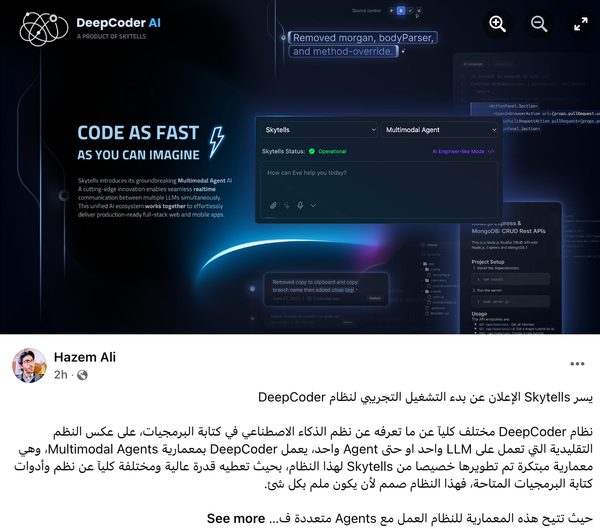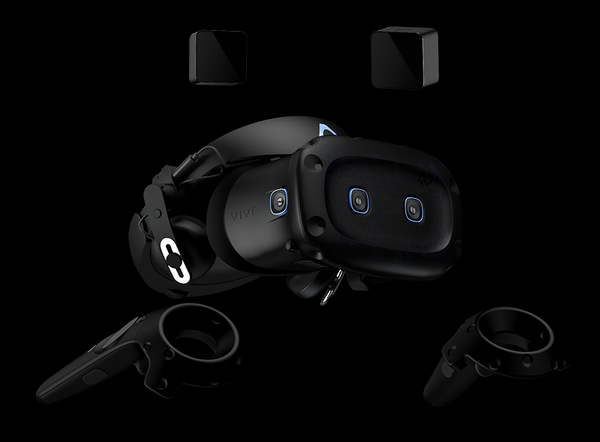Introducing Zstandard: A Fast and Efficient Compression Algorithm
Table of Content
Zstandard, often abbreviated as zstd, is a cutting-edge lossless compression algorithm designed for real-time compression scenarios.
It offers impressive performance, achieving compression ratios that surpass or match zlib-level compression while maintaining exceptional speed.
Key features
- Fast compression and decompression speeds
- High compression ratios
- Backed by a rapid entropy stage using Huff0 and FSE library
- Stable and well-documented format (RFC8878)
- Multiple independent implementations available
The reference implementation is provided as an open-source C library, licensed under both BSD and GPLv2. It includes a command-line utility capable of handling various compression formats including .zst, .gz, .xz, and .lz4.
For developers working with other programming languages, Zstandard offers a wide range of ports and bindings, which can be found on the official Zstandard homepage.
Whether you're looking to optimize data storage, improve file transfer speeds, or enhance overall system performance, Zstandard provides a powerful and flexible solution for your compression needs.
License
Zstandard is dual-licensed under BSD OR GPLv2.











